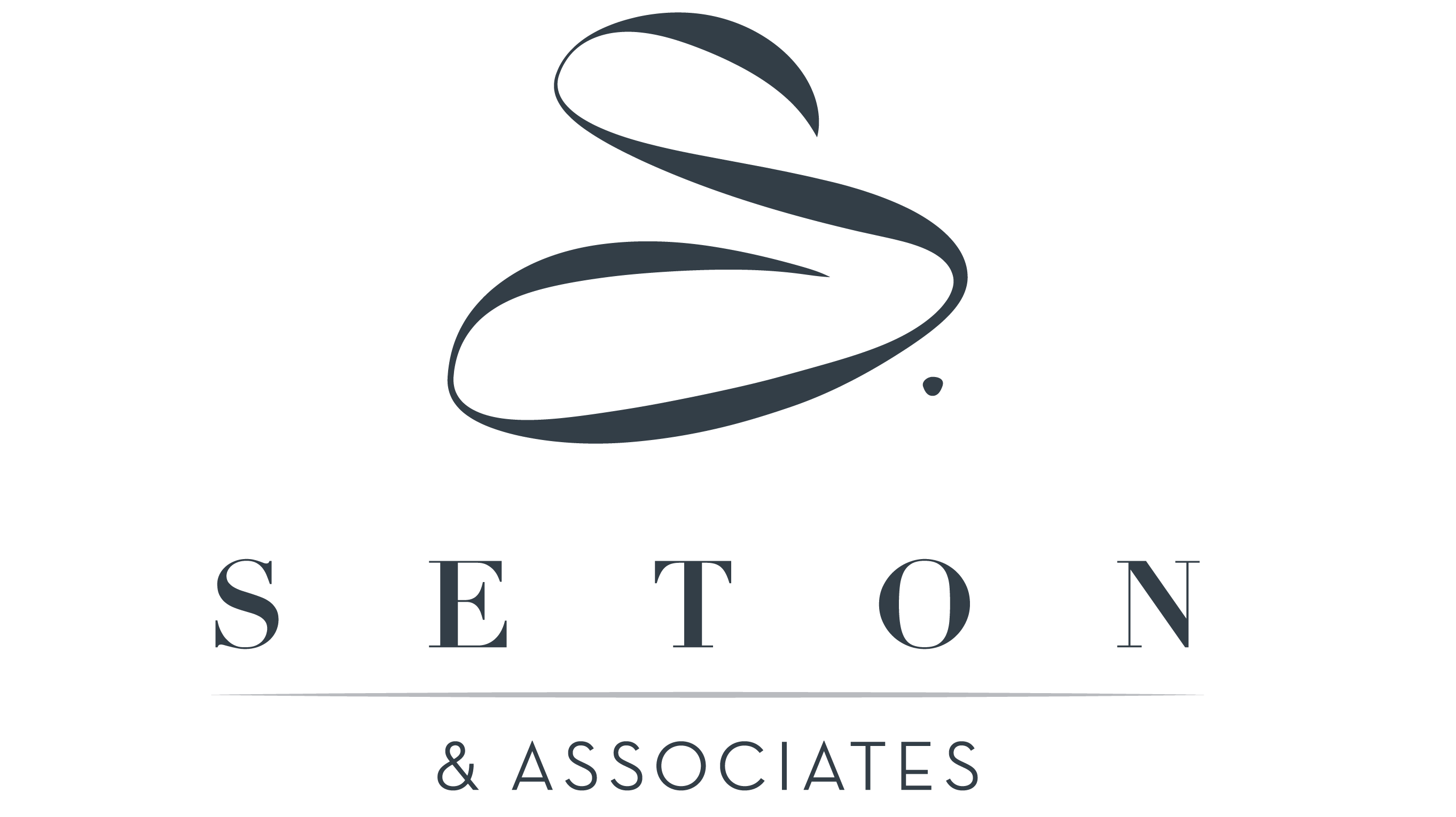Legal audits can be very helpful for charities. We just finished an audit for a celebrity client of ours. Your Legal Audit should consider the following important factors:
(1) Board Governance & Formality Compliance
(2) Employment Policies and Procedures
(3) Financial (Funding Sources)
(4) Intellectual Property Protection
(5) Liability
(6) Fundraising Rules and Regulations – General Education
(7) Fundraising Rules and Regulations Specifically Related to the Foundation
(8) Contractual Strength
Employment Policies & Procedures
How many employees do you currently have? Is it more than 10? If so, we recommend adopting an employment manual.
Do you have employment agreements? Independent contractor agreements? Volunteer releases/agreements? We strongly recommend these agreements as well.
Do you have confidentiality/nondisclosure agreements with employees/ independent contractors/volunteers? This is also recommended taking into account the charitable purposes and activities of your Foundation.
Financial (Funding Sources)
Assignment of Income Doctrine: This doctrine, created by the U.S. Supreme Court holds that income from services is taxed to the person who has performed the services regardless of whether that income is assigned to another (i.e. the Foundation).
Donations: If the “Donate” portion of your website encourages donors to donate and receive a gift for a donation over any dollar amount. It is important to be careful when making this kind of offer in that the donation may be considered the sale of goods, rather than a donation (donors are getting a product for payment) and therefore may be considered, by the IRS, as unrelated business income and may be taxed accordingly.
Intellectual Property Protection
Trademarks
Background on Compliance: After registering a trademark, certain filings must be submitted to the United States Patent and Trademark Office (USPTO) to remain in compliance with this office. Generally, Section 8 Declarations of Use are due between the 5th and 6th, and 9th and 10th anniversaries of your trademark’s registration, and every 10 years thereafter. Section 9 Renewal of Trademark Registration is due between the 9th and 10th anniversaries of registration, and every 10 years thereafter.
Representations to the Public: When you are marketing and promoting a product, what you say can be extremely important. These are the words and phrases that you choose to use in promoting that proceeds from the sale of a product will go to a charity. The most common mistakes occur when disclosures made to the public are fuzzy or vague. This is the area where lawyers have been known to recently file claims for deceptive, vague and ambiguous statements made to the public about how much of the funds from the purchase of a product will go to a charitable purpose. We therefore encourage you to be specific about the representations that are made in your campaigns to the public. There have been several court cases that reflect this recent trend and we are happy to provide you with cites for such cases.
Professional fundraisers/professional solicitors: In general, a professional fundraiser or professional solicitor is a person who for a financial or other consideration engages, employs, directs or contracts with any other person to solicit contributions or directs agents, servants or employees specially employed by or for a charitable organization for the purpose of soliciting contributions. A bona fide salaried officer or employee of a charitable organization, shall not be deemed to be a professional solicitor or professional fundraiser unless that person’s salary or other compensation is computed on the basis of funds to be raised or actually raised or the services performed by the person are performed on behalf of some organization other than the one which employs that person or a chapter, branch or affiliate thereof.
Email Solicitations: The use of charity email to solicit funds is a practice sometimes used to great success by charities. In this case, the states generally treat emails in exactly the same way that they treat regular mail or fax. Therefore, if the state requires registration for such activities, then, the charity should follow the same process if it is engaging in email activity with residents of that state.
Internet Fundraising: If charities or for profit entities engage in Internet fundraising, some rules may apply. The National Association of State Charity Officials (NASCO) came up with some suggested guidelines known as the Charleston Principles (the “Guidelines”). The Guidelines are a guide that states can adopt in connection with the rules and regulations for solicitation for charitable purposes via the Internet. Again, each state may adopt its own rules and regulations. If you have a website, whether directly or through another platform, and you allow the “interactive” nature of the website such that one may be able to donate online funds or engage in a transaction of purchasing a product or service which will benefit a charitable purpose, then, under the Guidelines:
Contractual Strength
If your 1023 Application and your Form 990 indicate that you may make donations to other 501(c)(3) organizations then please consider the following. As such, what types of contracts are in place in making these donations? Are periodic reports required? How do you determine how the funds are used? What are your monitoring procedures?
Do you have written agreements in place for the organizations with which you partner?
Do you have written agreements in place with those organizations that donate your Foundation?



Trackbacks/Pingbacks